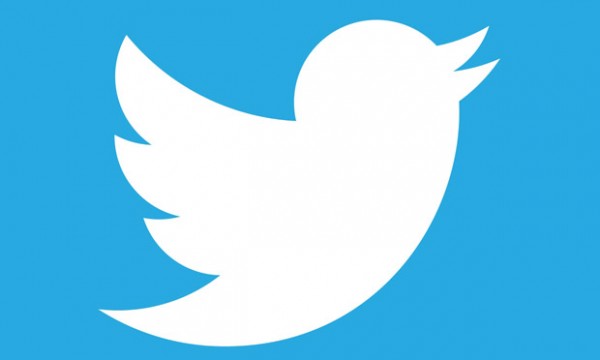 Last week, I shared the first of a few social media tips from Julia Campbell. Here is the part two of that interview.
Last week, I shared the first of a few social media tips from Julia Campbell. Here is the part two of that interview.
If you are just starting, step back immediately and look at your website. If it is hard to navigate, not mobile-friendly and very confusing to the lay person, work on that first. The second task is to look at your email marketing and fundraising. Are you driving people to sign up for your email list? Social media is just a step on the ladder of engagement (see John Haydon’s great post about this – it is not a strategy in and of itself, and it certainly cannot work in a vacuum.)
To strengthen an existing presence, use your analytics. What posts are resonating with your audience? What is getting a lot of traction? Use more photos. Create your own great visuals using Canva or PicMonkey. See what other nonprofits are doing and adapt their content, or share it. You do not need to reinvent the wheel with every tweet.
Search Twitter! See what people are talking about. What are the hashtags they are using? Who are the thought leaders? Twitter is the most under-utilized research tool by nonprofits. Nonprofits need to spend some time and energy on creating and curating interesting content. Tell your stories! Testimonials and success stories work very well on social media platforms.
Do not automate. Each channel is like its own country – it has its own language, customs and etiquette. Respect that.
Do not post and then leave. Spend some time on each platform engaging, listening and sharing others’ content.
Do not simply promote yourself. Self-promotion is ok on social, but it needs to be about 10% of what you post. The other 90% should be useful information that helps you build community and establish yourself as a go-to resource for your audience.
Do not get discouraged. Social media is a marathon, not a sprint. It’s like exercise – the more you do, the more consistent you are, the better results you get.